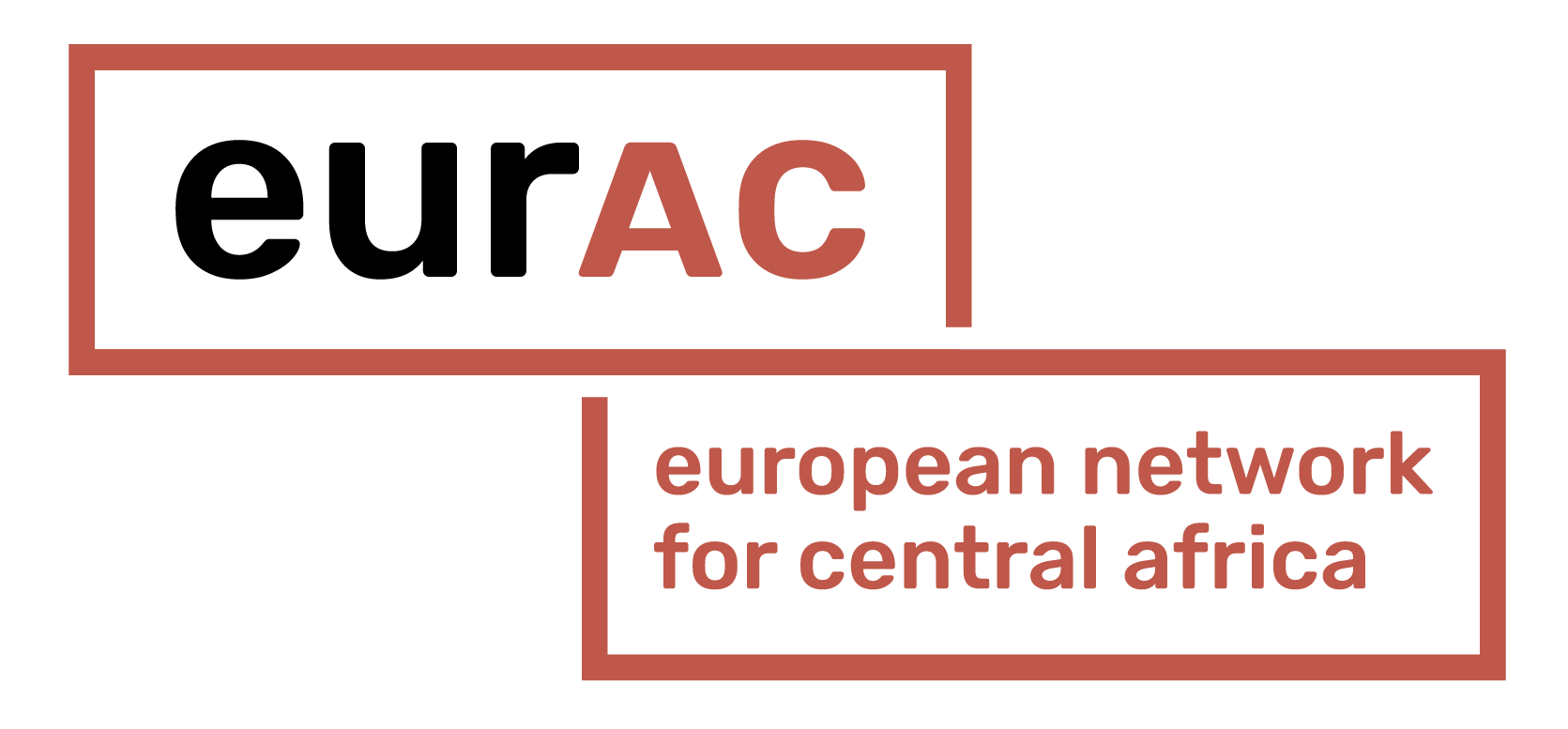DR Congo: The EU must maintain restrictive measures against 16 targeted Congolese individuals
PRESS RELEASE
The brutal repression of dissent continues in the Democratic Republic of Congo (DRC), raising serious concerns 3 weeks before the 23rd December general elections. As Ambassadors of the European Union (EU) Member States are due to discuss the situation in the DRC Democratic Republic of Congo (DRC) at the next Political and Security Committee on 11 and 12 December 2018, the European network for Central Africa (EurAc), FIDH, ASADHO, the Ligue des Électeurs and the Groupe Lotus, reiterate their call on the EU and EU member states to take bold action by renewing the EU targeted sanctions (travel ban and asset freeze) applied in December 2016 and May 2017 to 16 Congolese officials responsible for planning, directing or committing acts that constitute serious human rights violations, undermining the rule of law and/or obstructing a consensual and peaceful solution towards elections.
EU targeted sanctions sent a strong message to the Congolese authorities and undeniably put pressure on them regarding the current political crisis and electoral process. The New Year’s Eve Agreement in December 2016 and the renunciation of President Joseph Kabila to run for a third mandate are the results of a combination of internal and external pressures amongst which targeted sanctions played a key role.
Citizen movements, human rights defenders, activists, journalists, members and sympathisers of opposition parties continue facing intimidation, threats, judicial harassment, unlawful arrest and detention and acts of torture. The security situation remains precarious in various parts of the country, including in the Kasaï region, where those responsible for the serious crimes committed against civilians are yet to be held into account. The United Nations Joint Human Rights Office (UNJHRO) has documented 619 cases of human rights violations in the DRC during the sole month of October 2018, with state security forces reportedly responsible for most of these violations, especially for those linked to the electoral process.
Yet, the behaviour and responsibility of specific targeted officials does not seem to have evolved in a positive manner and all those responsible for serious human rights violations have not been held to account. Lifting the sanctions would be extremely untimely at this stage of the electoral process, when future national officials and governmental bodies have to abide by their regional and international commitments. Respecting human rights and democratic principles, and fighting impunity are not optional. Upcoming elections are still facing many technical and political challenges to be fair, transparent and inclusive; targeted sanctions remain one of the strongest tools the EU can use to show its support for the Congolese people in their aspiration of democracy and respect for human rights.
For media inquiry and/or more information please contact:
- Julie Capoulade
Communications & Advocacy Officer - EurAc
Office: +32 2 725 47 70 // Mobile: +32 499 81 01 77
julie.capoulade@eurac-network.org
- Samuel Hanryon
Press Manager - FIDH
Mobile: +33 6 72 28 42 94

